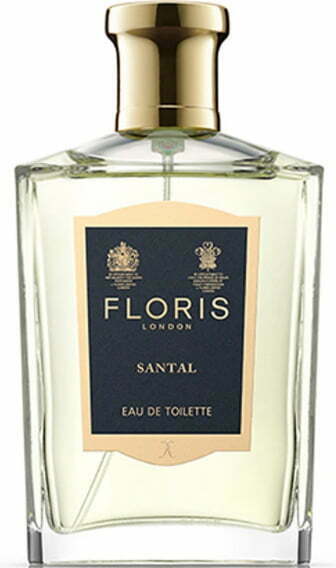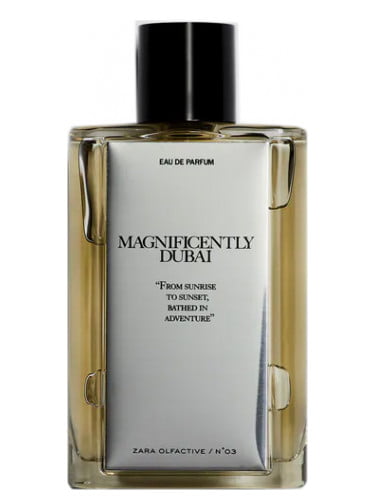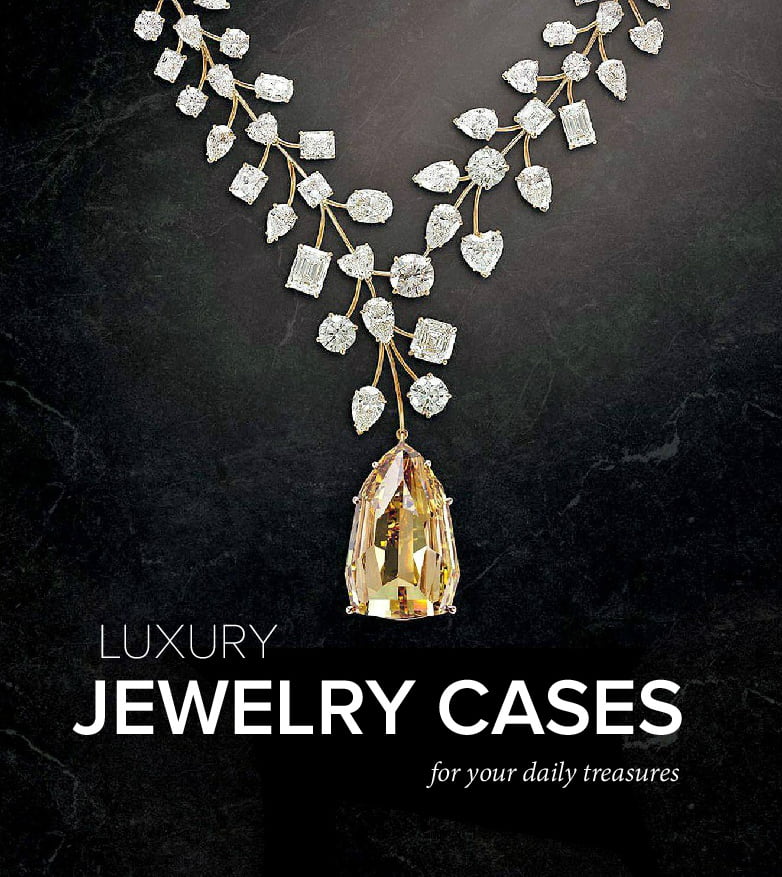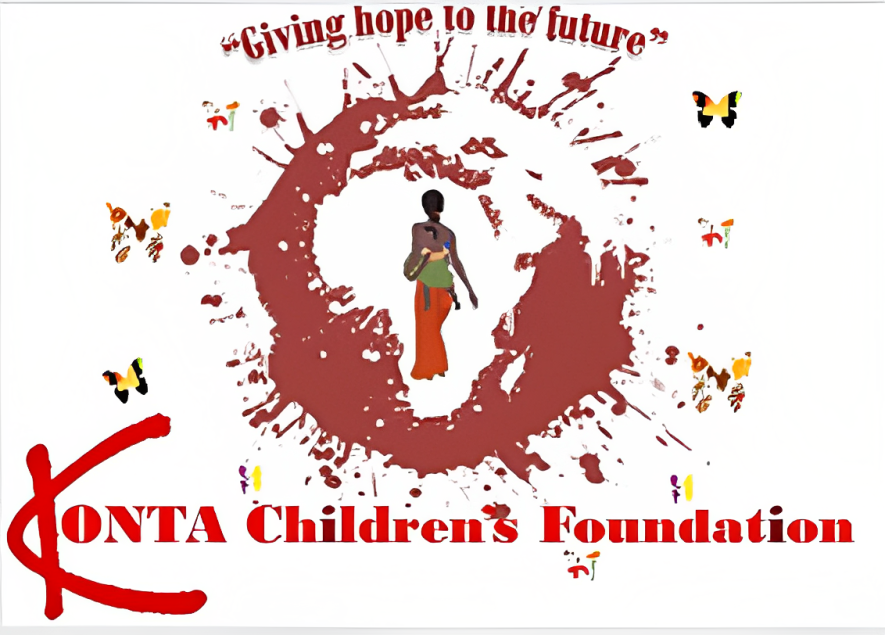Seal

Seal Henry Olusegun Olumide Adeola Samuel (born 19 February 1963) better known by his stage name Seal, is a British singer, songwriter and record producer. He has sold over 20 million records worldwide. These include hit songs “Crazy” and “Killer”, the latter of which went to number one in the UK, and his most celebrated song, “Kiss from a Rose”, which was released in 1994. Seal is renowned for his distinctive soulful singing voice.
Seal has won multiple awards throughout his career, including three Brit Awards; he won Best British Male in 1992. He has also won four Grammy Awards and an MTV Video Music Award. As a songwriter, Seal received two Ivor Novello Awards for Best Song Musically and Lyrically from the British Academy of Songwriters, Composers and Authors for “Killer” (1990) and “Crazy” (1991).
He was a coach on The Voice Australia in 2012 and 2013, and returned to Australia to work as a coach in 2017. Seal Henry Olusegun Olumide Adeola Samuel was born on 19 February 1963 at St Mary’s Hospital in Paddington, London, to a Nigerian mother, Adebisi Ogundeji, and an Afro-Brazilian father, Francis Samuel. He was raised by a foster family in Westminster, London. He received a two-year diploma in architecture and had various jobs in the London area.
In the 1980s, Seal spent a short time singing in local clubs and bars. In 1987, he joined Push, a British funk band, and toured with them in Japan. In Thailand, he joined a blues band for a while before separating from the group and journeying throughout India on his own. He returned to England, sleeping on the couch of friend Julian Bunster, then a model. He sometimes asked him, “Do I sing well?”, to which he often received the response that he sang better than most current artists. He then met the producer Adamski in which Seal provided lyrics and vocals on Adamski’s single “Killer”.
“Killer” eventually reached number one in the UK. Seal subsequently signed to ZTT Records and released his self-titled début album (produced by Trevor Horn) in 1991. Two versions of the album are known to be in circulation: the original “premix” version and a second, more common version with an updated mix. This is attributed to the demand for a produced single rushing the final album edit, and as Seal puts it, producer Horn’s “inability to let go”.
Seal was positively received by critics. The singles “Crazy”, “Future Love Paradise”, and his own rendition of “Killer” performed well on the charts. In particular, “Crazy” became an international hit in 1991, reaching number two in the UK Singles Chart and number seven on the Billboard Hot 100 in the US. Seal stole the show at the 1992 Brit Awards held at the Hammersmith Odeon, London, with the first hat-trick of wins in the history of the event. He won in three categories: Best British Male, Best British Video (“Killer”), and Best British Album (Seal).
In 1992, Seal appeared on the Red Hot Organization’s compilation CD Red Hot + Dance, contributing an exclusive track “Crazy (If I Was Trev Mix)”. The album, featuring George Michael and Madonna among others, raised money and awareness in support of the AIDS epidemic by donating all proceeds to AIDS charities.
After Seal regrouped with Trevor Horn, his second album, also self-titled, was released in 1994. A success, the album featured the singles “Prayer for the Dying” and “Newborn Friend”, and later received a Grammy nomination for Album of the Year. “Prayer for the Dying” became a minor pop hit in the US, peaking at number 21 on the Billboard Hot 100. A third single, “Kiss from a Rose”, performed modestly when released, but was later featured to much wider popularity when it was remixed for the soundtrack to Batman Forever. “Kiss from a Rose” won a Grammy Award for Record of the Year and Grammy Award for Song of the Year in 1996, becoming Seal’s best-performing single on the US market (it topped the Billboard Hot 100 in late August 1995) and hit number four in the UK.
In 1998, Seal released Human Being. The album was the product of a turbulent time in his life, including a split and later reconciliation with producer Horn, as well as Seal’s parting with ZTT Records and his signing with Warner Bros. Records in 1997. The record was panned upon its release. It received gold record certification by the RIAA just two months after its release date. The album provided three singles, “Human Beings”, “Latest Craze”, and “Lost My Faith”.
In 2001, fans awaited the arrival of a new album, announced as Together land. After a protracted postproduction period, the album was cancelled. The official word was that Seal simply did not think it made the grade, although this conflicts with other reports, that said the album was turned down by the label because producers felt the album would not be commercially successful. Even so, one single was released from the album; “This Could Be Heaven” was released in the US and featured on The Family Man soundtrack. Since December 2006, Seal has indicated that he has plans to excerpt cuts from Togetherland and make them available for streaming download. Meanwhile, Seal co-wrote and provided vocals for the hit single “My Vision” from Jakatta in 2002. He also recorded a successful duet with French singer Mylène Farmer called “Les Mots” during that same period. Also in 2002, Seal lent his vocals to the song “You Are My Kind”, the fourth track on Santana’s album Shaman.
In 2003, Seal released his fourth album Seal IV. Although it never achieved the sales figures of either of his first two albums, this release brought him back into the public eye in the United States and continental Europe. Singles from the album include “Waiting for You”, “Get It Together”, and “Love’s Divine” – this single was released in 2004 and was a big hit in several European countries.
In 2004, a greatest-hits album entitled Best 1991–2004 was released, including a cover of the Bacharach/David classic “Walk On By” and a cover of Echo & the Bunnymen’s song “Lips Like Sugar”. An edition of the album was available that included an extra CD with acoustic versions of some of Seal’s hits. Also in 2004, Seal performed shows at the Olympia Theatre in Paris. The show of 6 July 2004 was recorded and released about one year after as a CD/DVD package, simply titled Live in Paris.
In June 2005, Seal recorded a concert which was subsequently released in 2006, entitled One Night to Remember, as a CD/DVD combination. The DVD includes a “making of” documentary in addition to the live performance. Recorded in a historic steel mill, the Altes Kesselhaus (“old boiler house”), in Düsseldorf, Germany, this performance includes a version of Brahms’ Lullaby which Seal sings in German and then in English. Unlike earlier recordings in which Seal is accompanied by his band, a full orchestra and choir of 52 musicians accompanies the singer.













